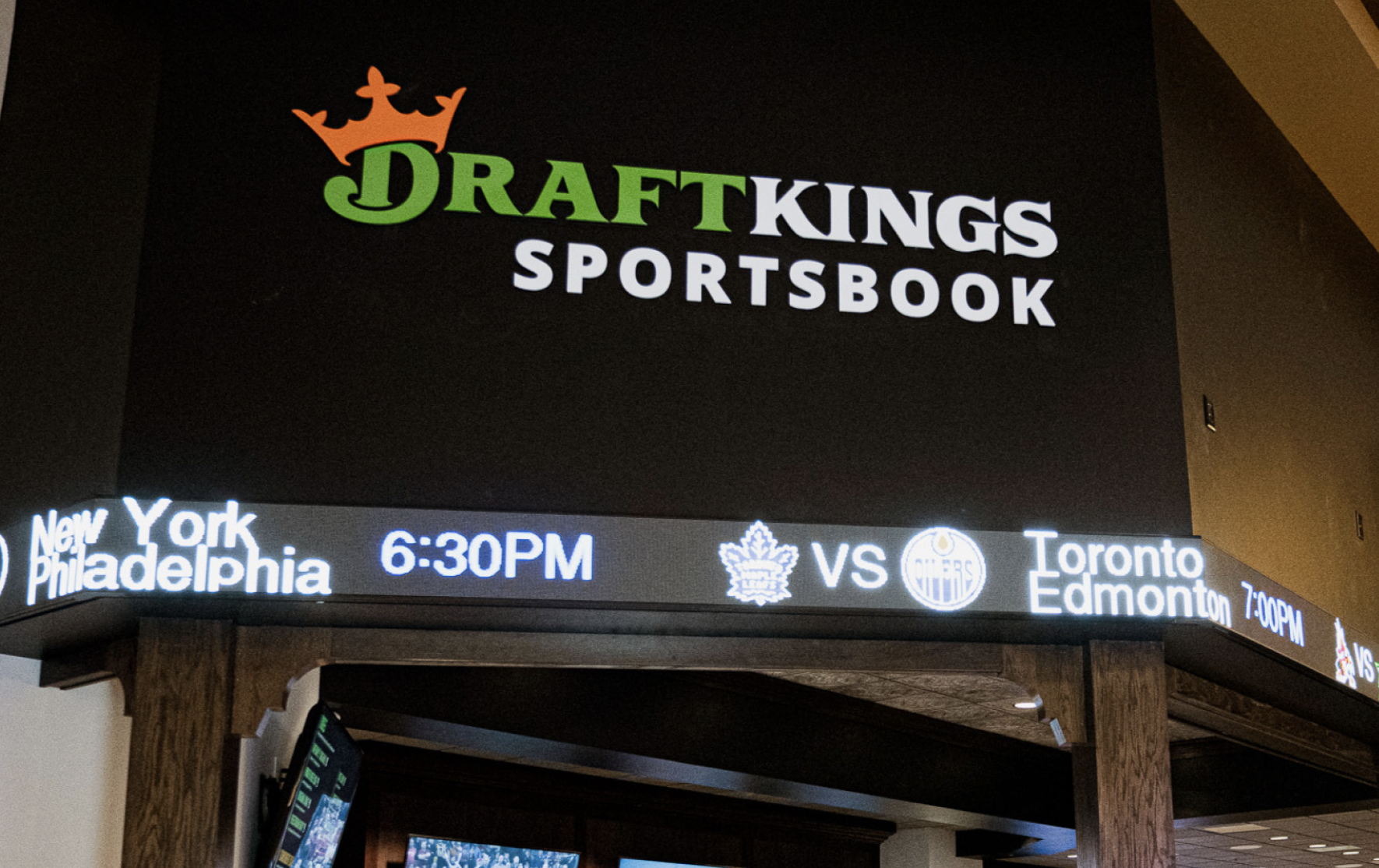
New survey shows rise in problem gambling
BY: ANNA KAMINSKI
Kansas Reflector
TOPEKA — Kansas legislators are considering changes to the way the state taxes sports gambling after receiving less than a 1% cut on more than $2.7 billion in bets in the past fiscal year.
As the expiration dates for contracts between the state and sports wager operators draw nearer, Kansas is confronting an increasingly complex and more profitable gambling climate than when it first legalized sports betting in 2022.
During the 2025 session, the Legislature implemented a last-minute moratorium on the state approving any contract renewals for online sportsbooks. A hearing Monday was the first public discussion of potential changes to Kansas’ sportsbook market since then.
Legislators toyed with the idea of rejiggering the formula that dictates the allocation of sports betting revenues at a Monday hearing in Topeka. Of the $2.7 billion in wagering revenue in fiscal year 2025, which began in July 2024 and ended in June, Kansas retained about $17 million, or 0.6%, according to state data.

Lawmakers also considered changing the way book operators reach customers.
John Pappas, the state advocacy director for iDevelopment and Economic Association, a national trade group for mobile sportsbook operators and technology providers, said during the hearing that Kansas’ model is a success story.
But Rep. Francis Awerkamp, a Republican from St. Marys, said he struggled to accept that notion.
“I guess we represent different people, right?” he said to Pappas. “ You have your clients. I have the people of my district. The people of Kansas.”
In ranking sports wagering tax revenue per $1 million wagered since inception, Kansas ranks 29 out of 33 states.
“This is absolute failure from my perspective,” Awerkamp said.
“What am I not seeing?” he added. “How can you say that this is a success story when we’re basically one of the worst states in the country?”
Pappas said the answer is simple. Success is based on the size of Kansas’ market. For a small population, Kansas’ sports betting revenues are disproportionately large. In Awerkamp’s eyes, the problem is that the revenues are only taxed at 10%.
Six states and Washington, D.C., set different tax rates for online and retail sports betting. Kansas is one of 11 states that tax online and retail sports betting at the same rate of 10% or less. New Hampshire, New York, Oregon and Rhode Island have the highest tax rates at 51%.
Kansans over the age of 21 can bet on more than 50 categories of live and virtual sports, from bull riding to baseball to chess. Casinos in Kansas are allowed to contract with sportsbook operators, of which there are currently six: BetMGM, Caesar’s, DraftKings, ESPNBet, FanDuel and Fanatics.
The 5-year contracts, which include retail and mobile betting, are set to expire around the same time in August 2027. Other states run their own books, or contract directly with book operators.
Existing sportsbook operators and Kansas casinos opposed a change to Kansas’ model. Some cautioned lawmakers about modifying business in Kansas while sportsbooks are expected to begin operating in neighboring states, including Missouri later this year.
Aaron Gomes, president of the parent company to Kansas Crossing Casino in Pittsburg, said in written testimony, “If it ain’t broke, don’t fix it.”
The casino works with three book operators: Caesars, Fanatics and BetMGM.
“Untethering sports wagering from casinos would not only disrupt these partnerships — it would risk undermining the very institutions that have delivered economic value to Kansas,” said Gomes, who is the chief operating officer of the casino’s owner, Peninsula Pacific Entertainment.
Earlier in the hearing, in discussion with another casino representative, Awerkamp said the sole purpose of the Kansas Lottery is to generate revenue for the state to offset burdens on taxpayers.
“From my perspective, what’s happened is certain organizations have recognized a tremendous opportunity of essentially a constitutionally protected monopoly and tried to get in the process and take a cut,” he said.
The Kansas Lottery was established for the good of the people, Awerkamp said, not the good of the casinos.
Raising the stakes
Kansans’ attitudes toward gambling have evolved since the state legalized sports wagering, and problem gambling behaviors have escalated, according to a 2025 study that surveyed more than 1,600 Kansas adults.
It was the first time the survey was conducted since 2017, and it recommended enhancing problem gambling messaging, improving state-funded treatment and gambling screening, regulating gambling advertising, and conducting statewide surveys more frequently.
Around 70% of survey respondents reported gambling, and 34% of respondents said they had gambled in the past month, an increase from 19% who reported gambling in 2017.
“The number of Kansans at moderate or high risk for problem gambling has more than tripled since 2017,” the survey found.
Almost everyone surveyed who was classified as high risk acknowledged they had a gambling problem. Many said gambling caused health, financial and relational problems. Substance use and mental health struggles were more likely for those in the high-risk category than those in the moderate and low-risk categories, the study said. Kansans are also less likely to use a gambling hotline than they were eight years ago.
More Kansans are citing their motivation for gambling as paying bills and escaping everyday problems. In 2017, 18% of survey respondents said they gamble to pay bills and 16% said they want to escape their problems. In 2025, those percentages rose to 38% and 35%. Still, between the two surveys, the top motivations remained entertainment and fun, to win money and excitement and challenge.
Around 37% of respondents reported placing a sports wager in 2025. Fewer than half of those surveyed viewed sports betting as entertainment that allows for reasonable gambling.






